A superlative episode will generally be part of a show that’s at least good. After all, there has to be the raw material there to make viewers care in the first place. But it can be hard to pluck out an episode worth singling out from an absolutely superlative show. (That’s why, say, The Leftovers isn’t represented on this list, as its episodes are so across-the-board remarkable that it’s next-to-impossible to pick out one worth elevating.) Big Little Lies, I Love Dick, and Feud are all mentioned here for episodes that substantially elevated already very special shows. While other series that were slow to get started (Fargo, Dear White People) or looking for a post-election message (Saturday Night Live) found their turning points in a single episode.
MORE Best TV Shows of 2017 So Far
Big Little Lies, “You Get What You Need”
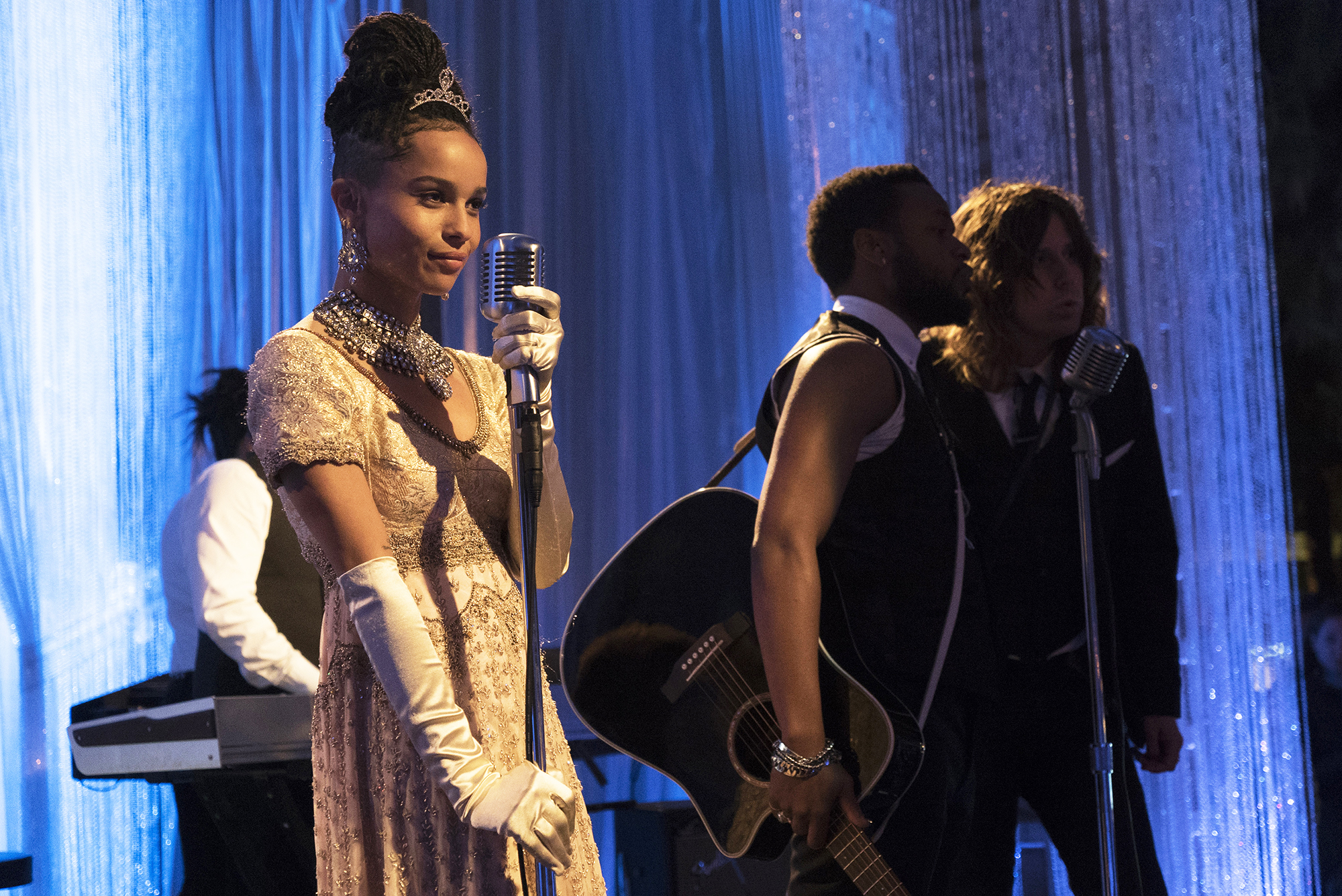
The final episode of this striking limited series presented the moving culmination of five characters’ journeys. At last, these women who’d been either at war with one another or at war with themselves, unable to connect, were united. It ended as a utopian vision, one borne out of violence. (That these five women bonded after one killed another’s husband is proof of Big Little Lies’s comfort with, and even delight in, moral ambiguity.) It’s hard to imagine a more satisfying finale than this one, merging as it did the enigma of the human mind with satisfying conclusiveness. All the more reason to hope that this very special show doesn’t come back for a second season.
I Love Dick, “A Short History of Weird Girls”
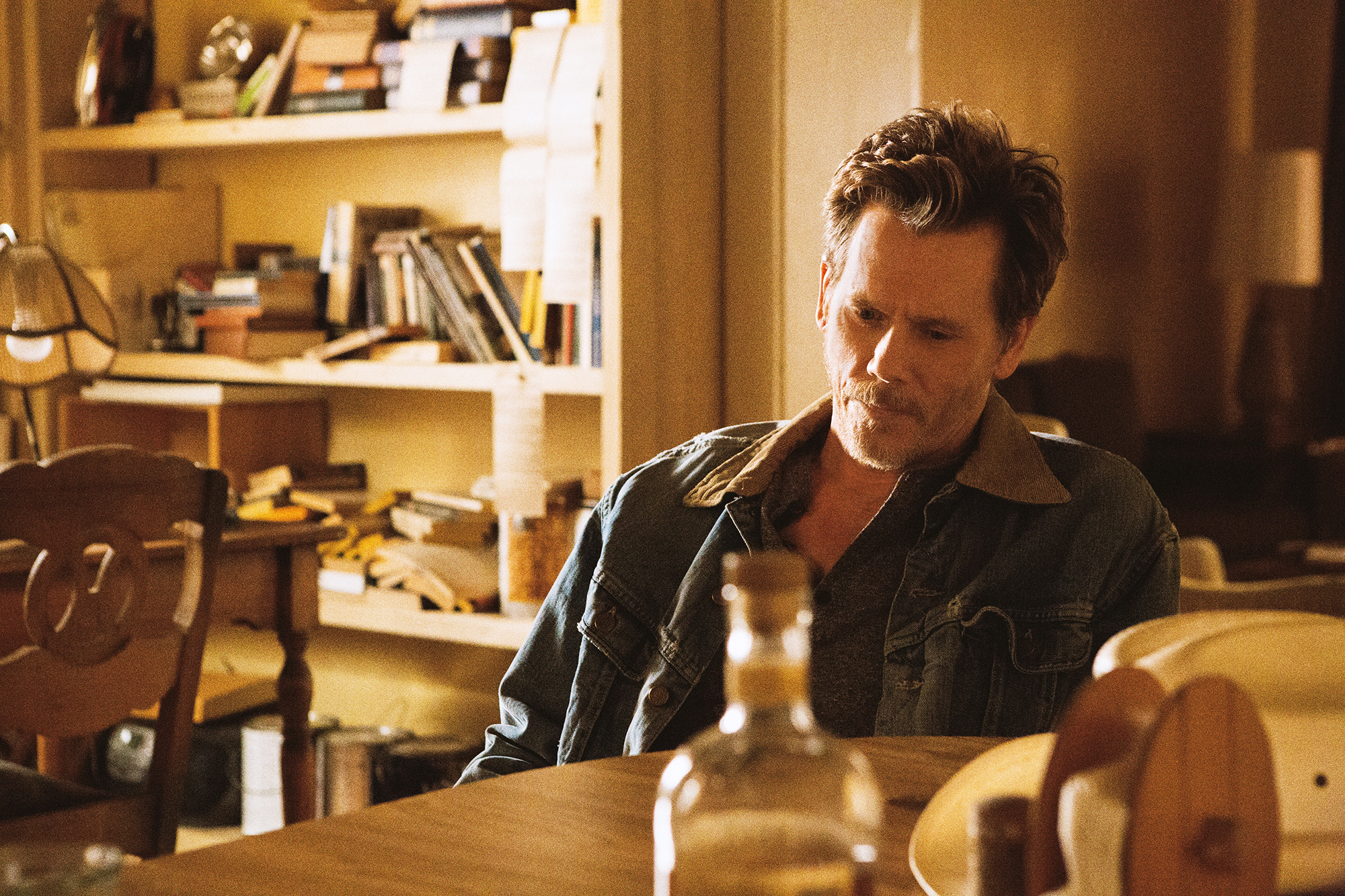
This episode provides a turning point for I Love Dick, moving the story out from Chris’s mind into the world around her. She envisions the women of Marfa addressing Dick, playing out their fantasies and the ways he fits, or doesn’t, into them. In sum, I Love Dick has fewer weapons in its narrative arsenal than does Transparent—it’s a more intimate story—so seeing it dig deep into the topic of female sexuality, as lived by various different women, is thrilling.
Feud, “And the Winner Is… (The Oscars of 1963)”
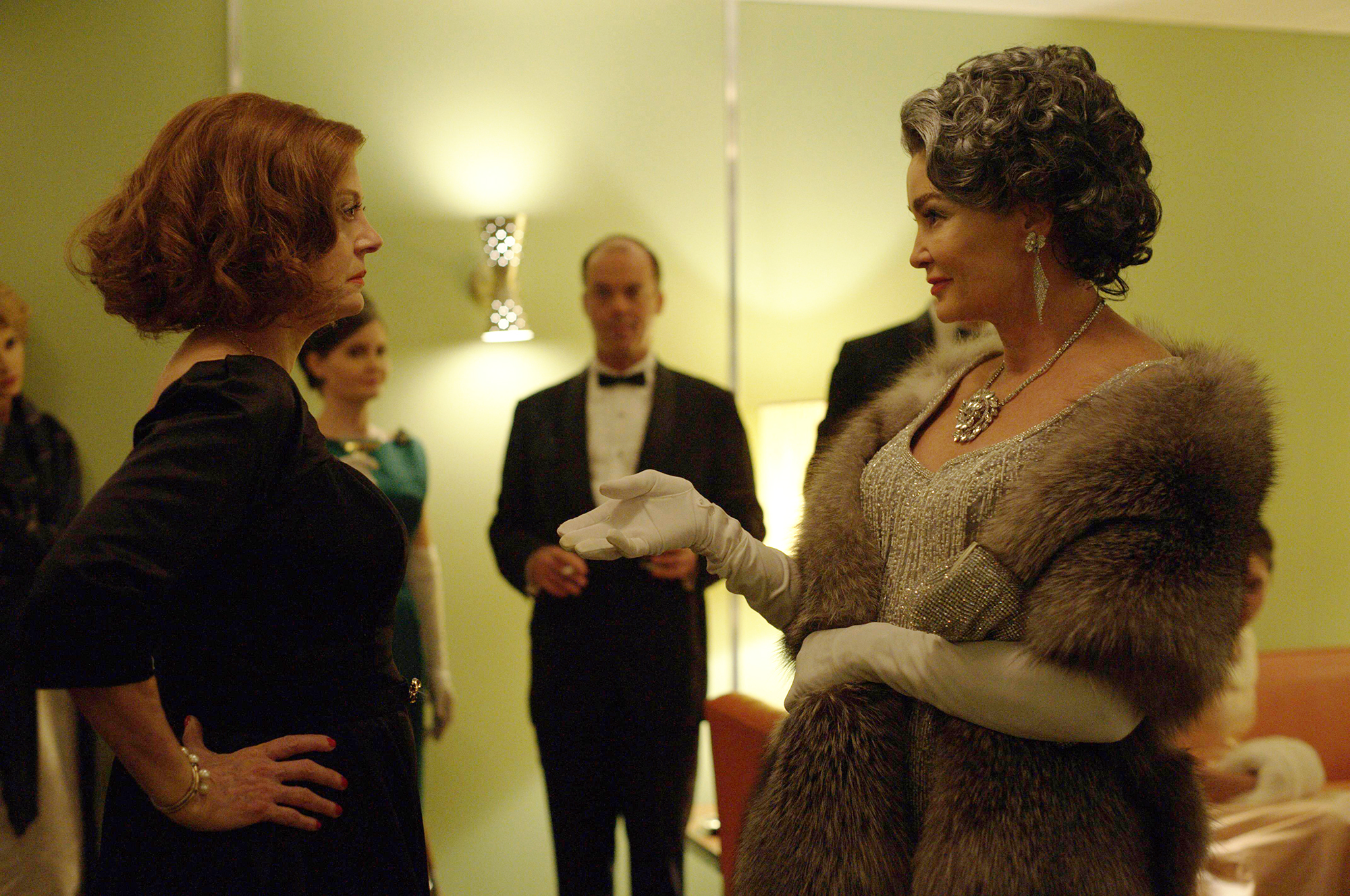
This sharply written episode—the only installment of Feud solely written and directed by Ryan Murphy—perfectly encapsulates the show’s bittersweet charms. The episode engages in primal movie-love that any celebrity-magazine reader will understand. Its note-perfect recreation of the Oscars at which Joan Crawford conspired to spoil the night for nominee Bette Davis is priceless. It also provides a textured portrait of the Crawford behind the ghoulishly perfect smile, depicting a woman whose impulses towards revenge—on Davis, on everyone—are barely legible even to herself.
Late Night With Seth Meyers, Kellyanne Conway interview
Meyers, an excellent monologist throughout the 2016 election, distinguished himself as late night’s best interviewer with this interlocution of a key Donald Trump adviser shortly before the inauguration. The interview was characterized both by Meyers’s quick-on-his-feet thinking in constructing follow-ups on the fly. This is sadly a rarity in an era of fairly by-the-book questioning of movie stars and political stars alike. More important: Meyers’ genuine interest in what Conway had to say. She was at the time of the interview one of the most widely speculated-about figures in all of politics. Meyers, without allowing her to spin, gave her the room to show viewers exactly who she is.
Saturday Night Live, Sean Spicer skit (Host: Kristen Stewart)
Melissa McCarthy made the year’s biggest comic impression with her rendition of a petty, violent White House Press Secretary. It was a genius bit of performance that solved a problem with which the sketch show had struggled a bit—how to get humor out of an administration that moved so quickly and seismically. McCarthy’s virtuosic performance of boundless and inexplicable rage was perceptive enough to drive the news cycle, and funny enough that one wasn’t tired of discussing it Monday morning.
Fargo, “The Law of Non-Contradiction”
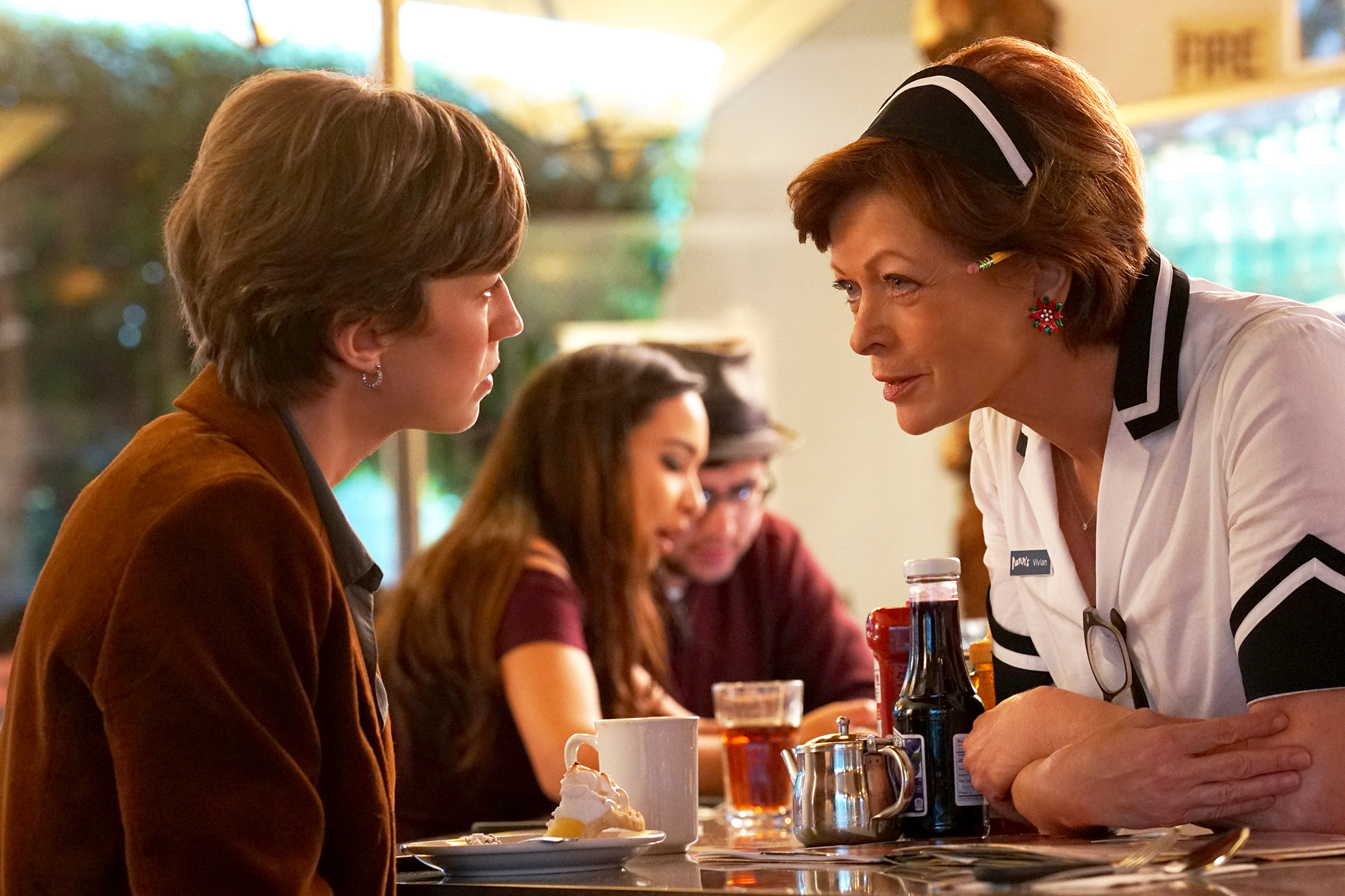
A season that got off to a slow start found its energy by zagging. Cop Gloria Burgle (Carrie Coon) attempts to crack the season’s central crime, the death of her stepfather, by leaving the Upper Midwest for a sojourn in Los Angeles. This LA is an eerily rendered city of soulless law enforcement officers and malicious Santas, to say nothing of the ghosts of the past that haunt it. We learn about the movie industry lowlifes who—in a perfectly tart little noir short story—pumped the season’s murder victim for cash. And we see, in striking animated segments, the haunting science fiction the departed wrote. Its point seems to be that humanity will find ways to destroy no matter the context or the era. But Gloria’s commitment to her case is only redoubled. This odd installment chucked this season’s putative main characters and replaced them with melancholy, gritty detective work, and the mystery of being human, all the ingredients that have made Fargo seasons click in the past.
Underground, “Minty”
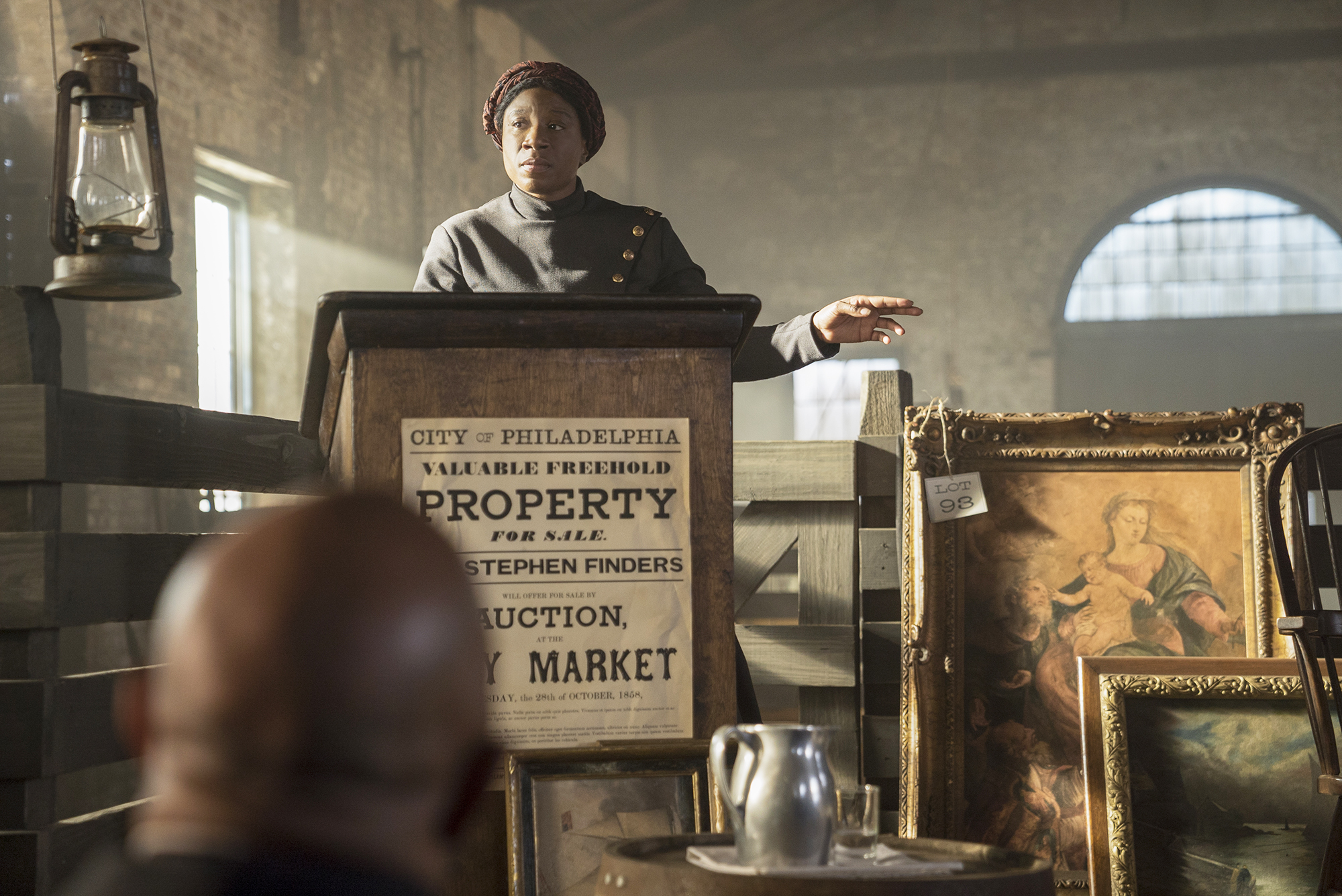
Aisha Hinds takes over the show in this innovative tour de force—styled as a lecture delivered by Harriet Tubman to white abolitionists. In this elegantly structured hour, we only fleetingly look away from Tubman (to see her audience, rapt but torn over whether her proposed adoption of John Brown’s methods is the right move). We learn about the childhood that made Tubman a freedom fighter, and the feeling of never quite doing enough that would make her into one of the most powerful forces for good in history. Where “Minty” succeeds is by never losing sight of Tubman’s humanity. (“Minty,” after all, was her childhood nickname.) She’s frustrated, weary, and ready for her white supporters to come off the sidelines and wholeheartedly join her fight. As played by Hinds (also a standout on Fox’s Shots Fired), the Tubman we spend an hour with here is a riveting storyteller and a galvanizing leader.
Dear White People, “Chapter V”
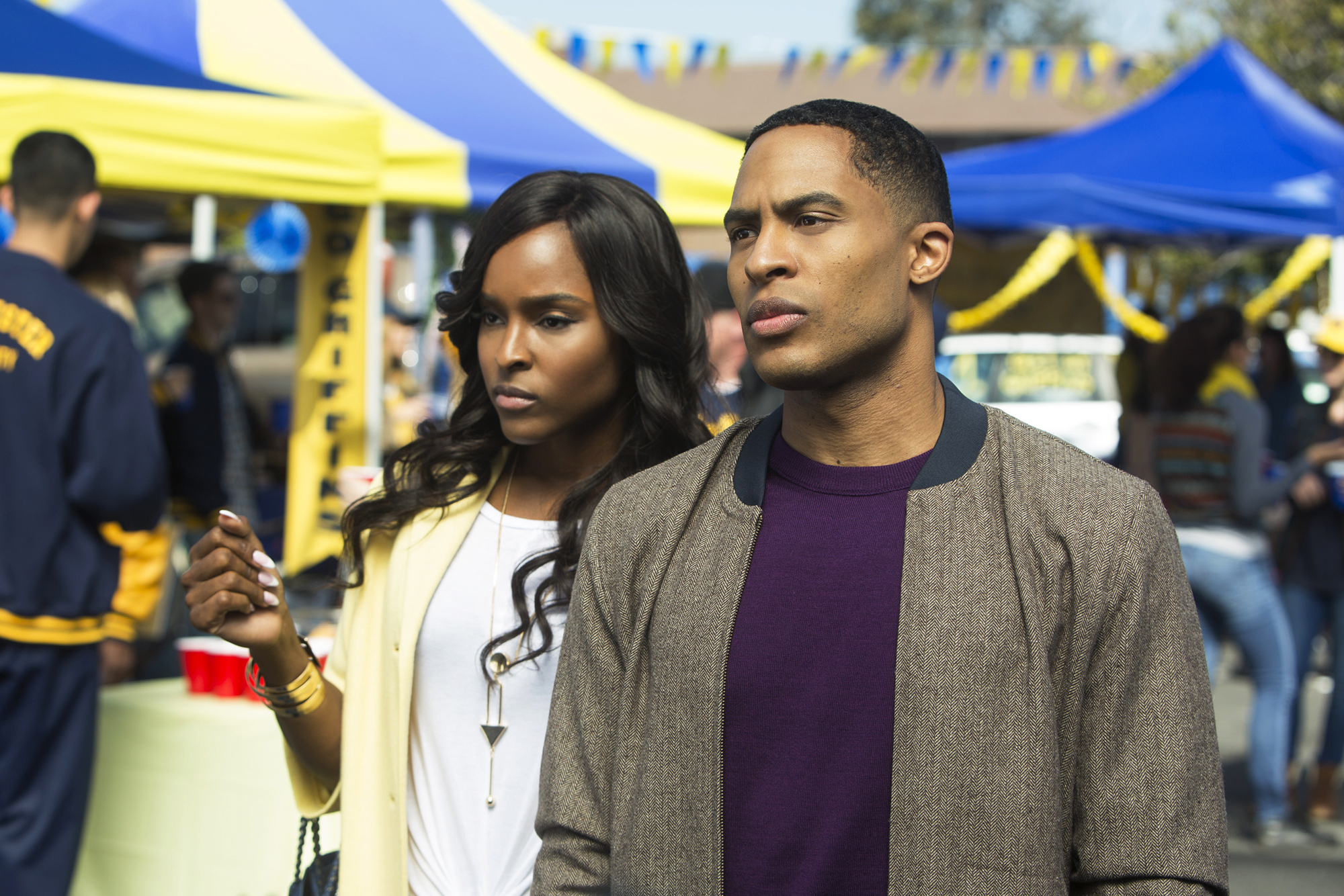
Directed by Moonlight’s Barry Jenkins this episode brings the simmering tensions of this race-and-the-academy story to a full boil. Reggie (Marque Richardson), a campus activist, faces down the barrel of a cop’s firearm. The show, wisely, stages the party scene leading there as one of slow escalation. There’s a spirited debate about the n-word that the show unambiguously makes clear has a right and a wrong answer. But nothing about the fight seems likely to provoke potentially lethal force, until, suddenly, we’re there all at once. The episode establishes the stakes for the rest of the season—all while, before the gun comes out and Reggie’s life is placed at risk, playing shrewdly with media satire and powerful imagery.
More Must-Reads from TIME
- Why Trump’s Message Worked on Latino Men
- What Trump’s Win Could Mean for Housing
- The 100 Must-Read Books of 2024
- Sleep Doctors Share the 1 Tip That’s Changed Their Lives
- Column: Let’s Bring Back Romance
- What It’s Like to Have Long COVID As a Kid
- FX’s Say Nothing Is the Must-Watch Political Thriller of 2024
- Merle Bombardieri Is Helping People Make the Baby Decision
Contact us at letters@time.com